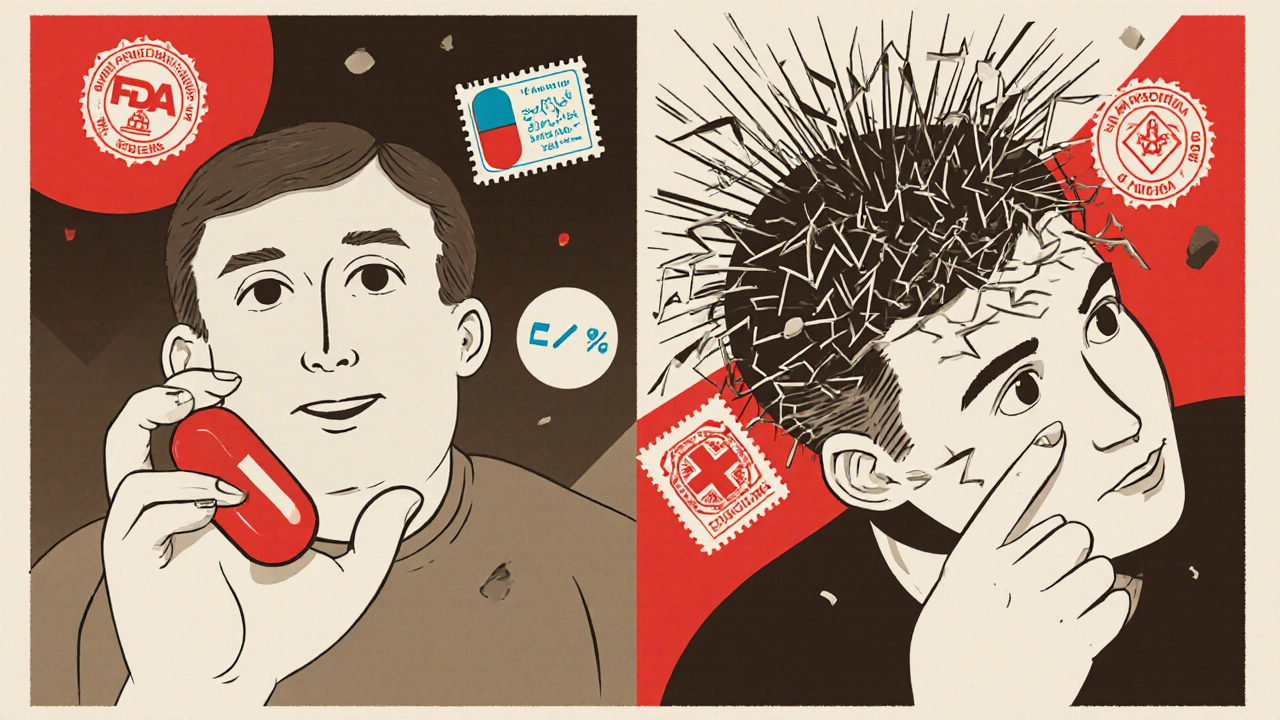Antiseizure Medications: What They Are, How They Work, and What You Need to Know
When someone has seizures, antiseizure medications, drugs designed to prevent or reduce abnormal electrical activity in the brain that causes seizures. Also known as anticonvulsants, they’re not just for epilepsy—they’re used for nerve pain, bipolar disorder, and sometimes even migraines. These aren’t cure-all pills. They work by calming overactive brain cells, either by blocking sodium channels, boosting GABA (the brain’s natural calming chemical), or slowing down glutamate (the brain’s main excitatory signal). For many people, finding the right one is a trial-and-error process—because what works for one person might cause dizziness or fatigue in another.
There are over 20 approved antiseizure medications, each with different strengths and risks. Some, like levetiracetam, a common first-line treatment known for fewer drug interactions and mild side effects, are gentle on the liver and don’t need regular blood tests. Others, like phenytoin, an older drug that requires careful dosing to avoid toxicity, demand frequent monitoring. Even over-the-counter supplements like magnesium or vitamin B6 can play a supporting role, but they’re not replacements. The real challenge? Balancing seizure control with daily life. Drowsiness, brain fog, weight gain, or mood changes can make people quit—even when the meds are working. That’s why so many posts here focus on side effects, alternatives, and how to talk to your doctor about switching.
What you’ll find in these articles isn’t theory—it’s what real people and doctors have learned through experience. You’ll see comparisons between older and newer drugs, how generics stack up against brand names, and how other conditions like heart failure or psychiatric disorders can complicate treatment. Some posts dig into why certain medications cause GI issues, others explain how dosing changes for kids or seniors. There’s even coverage on how social media helps patients share what works (and what doesn’t) when pharmacies won’t give straight answers.
Antiseizure medications are one of the most personalized treatments in medicine. There’s no one-size-fits-all. But with the right info, you can cut through the noise and find what fits your body, your lifestyle, and your goals.

